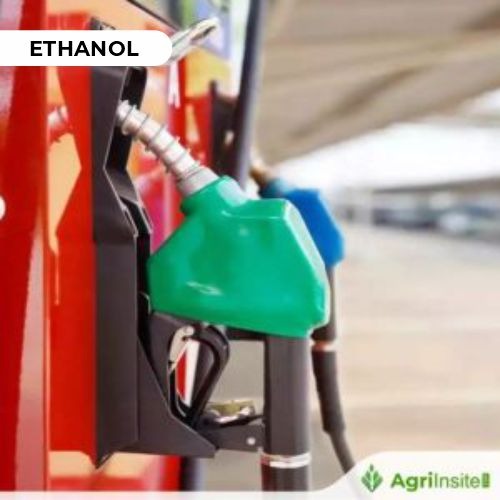Govt Refutes Claims of Major Mileage Loss from E20 Ethanol-Blended Petrol

India’s Ministry of Petroleum clarified that E20 fuel has minimal impact on mileage—1–2% for E10-calibrated vehicles, and 3–6% for others. E20-compliant vehicles are available since April 2023. Ethanol blending cuts emissions by up to 65%, saves foreign exchange, boosts farmer income, and reduces reliance on crude oil imports.
In an official statement, the ministry clarified that these concerns are not backed by scientific evidence, adding that any drop in fuel efficiency is marginal. For vehicles originally designed for E10 petrol but later calibrated for E20, the mileage reduction is typically 1–2%, while in others it may be around 3–6%.
According to the ministry, E20-compliant vehicles have been available since April 2023, equipped with upgraded components to maintain efficiency. Minor replacements of rubber parts or gaskets may be needed in older vehicles after 20,000–30,000 km, but these are low-cost and usually handled during routine servicing.
The ministry also emphasised the environmental and economic benefits of ethanol blending. Ethanol, produced from crops like sugarcane, maize, and even agricultural waste, emits 50–65% fewer greenhouse gases than petrol. Since 2014–15, ethanol blending has saved India over ₹1.4 lakh crore in foreign exchange and generated ₹1.2 lakh crore in payments to farmers, while reducing dependency on crude oil imports.
Ethanol use, the ministry stressed, also improves engine performance and ride quality in modern vehicles, making E20 fuel a key step toward cleaner and more sustainable mobility in India.
To Read more about Ethanol Industry & Bio Energy News, continue reading Agriinsite.com
Source : Pragativadi
















